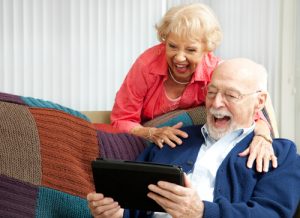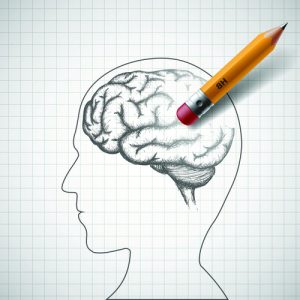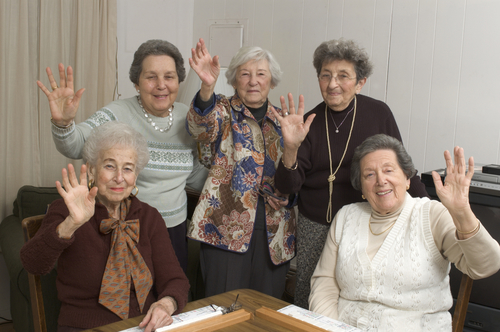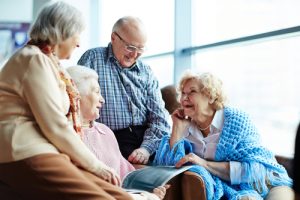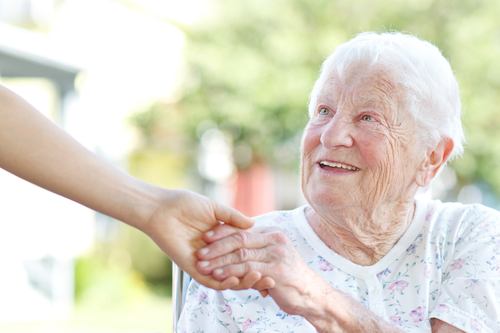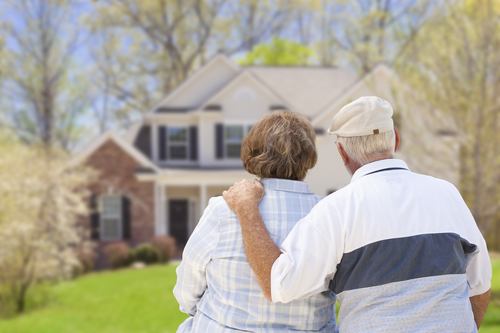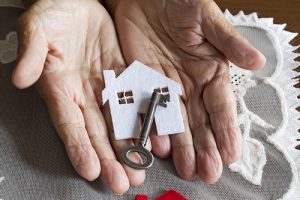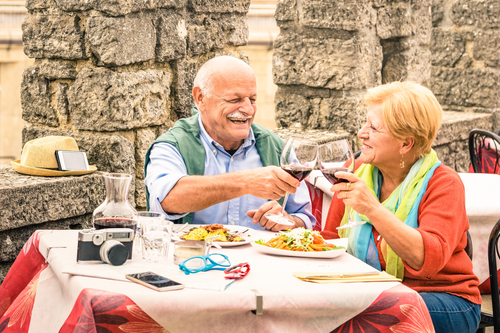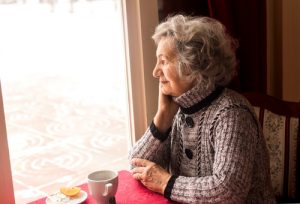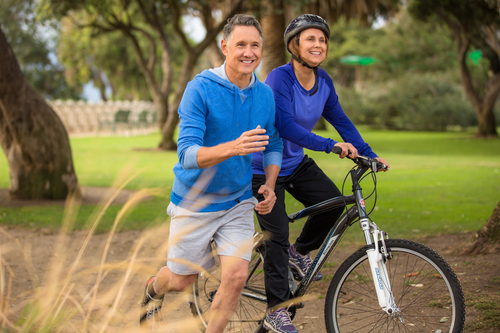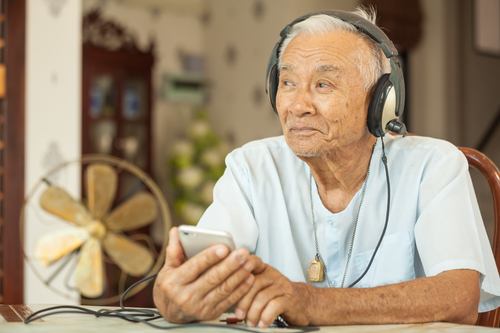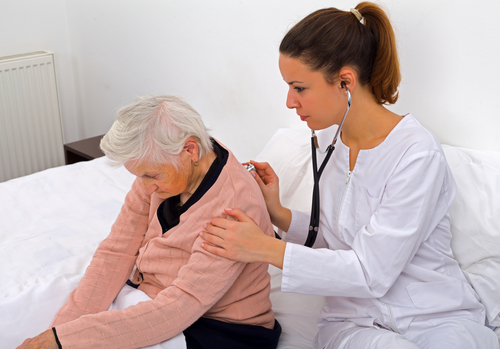We’ve talked a lot about what is bad for our brains and memory, but we can now discuss something good—exercise. Yes, we already know exercise is good for our bodies, but a new study has shown that exercising can make your brain stronger. The study looked deep into the brains of mice and found that exercise strengthens the connections our brain makes.
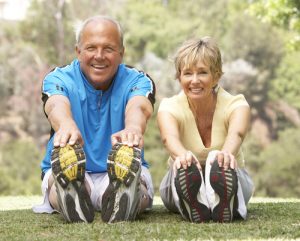
A Bit About the Brain
To understand how exercising helps our memory, we have to break down what memory is. Memories are in the hippocampus brain cells, which is the brain’s memory center. Without the hippocampus, we would not be able to recall things that just happened to us.
Neuroscientists have determined our experiences are not just memories, therefore they are spread across the brain. So, all these cells have to connect to each other to have the memory stay intact.
These connections are called synapses and are made of electrical and chemical signals that move from cell to cell. These signals can be of all different strengths, but the stronger the connection, the stronger the memory. Neuroscientists have known that the strength of our synapses depends how we live our lives.
Lack of sleep, alcohol, diet, and other aspects of our lifestyles, especially stress, may dampen the flow of messages between brain cells. Repeating an action causes the signals between the cells strengthen, maintaining the memory of that action. This is learning.
Exercising Can Make Your Brain Stronger
Exercising may affect the synapses in the hippocampus, it has been shown in many studies to improve learning and memory. Though these studies did not look at stress at the same time, leaving it to not be a good representation of real life.
So, for the new study, which was published this month in Neurobiology of Learning and Memory, researchers at Brigham Young University in Provo, Utah, gathered healthy, male mice. One group lived their regular life, while the other ran on their wheels. The running mice covered about three miles a day because they enjoyed running so much.
After a month, a few of the regular mice were exposed to three days of stressful experiences. These mostly involved some type of mild restraint, which makes prey animals, like mice, understandably anxious. This was meant to copy what we feel on a day to day basis. Some of the runners were also restrained and stressed.
To record if there were any changes, the mice from each group learn a maze with a treat in a hidden corner. The researchers looked microscopically at how the synapses were joining the neurons in the animals’ hippocampi. This was done by electrically stimulating some of the isolated cells.
The Results
It was clear that the stress had reduced the effectiveness of the synapses in the stressed-out, sedentary animals, compared to those from the control mice. The unstressed runners, though, had the strongest, busiest synapses.
This suggests that their ability to learn and remember would be higher than in the other animals. On top of having stronger synapses, the runners had similar synapses to the control group despite the stress. They also learned where the treat was in the maze quicker and remembered it weeks later.
It’s not quite clear yet how exercise changed the animals’ synapses. But researchers did find more of certain genes and increase levels of proteins in the brains of the runners. This could be a possible reason. More research is needed to be done.
Read more here.

